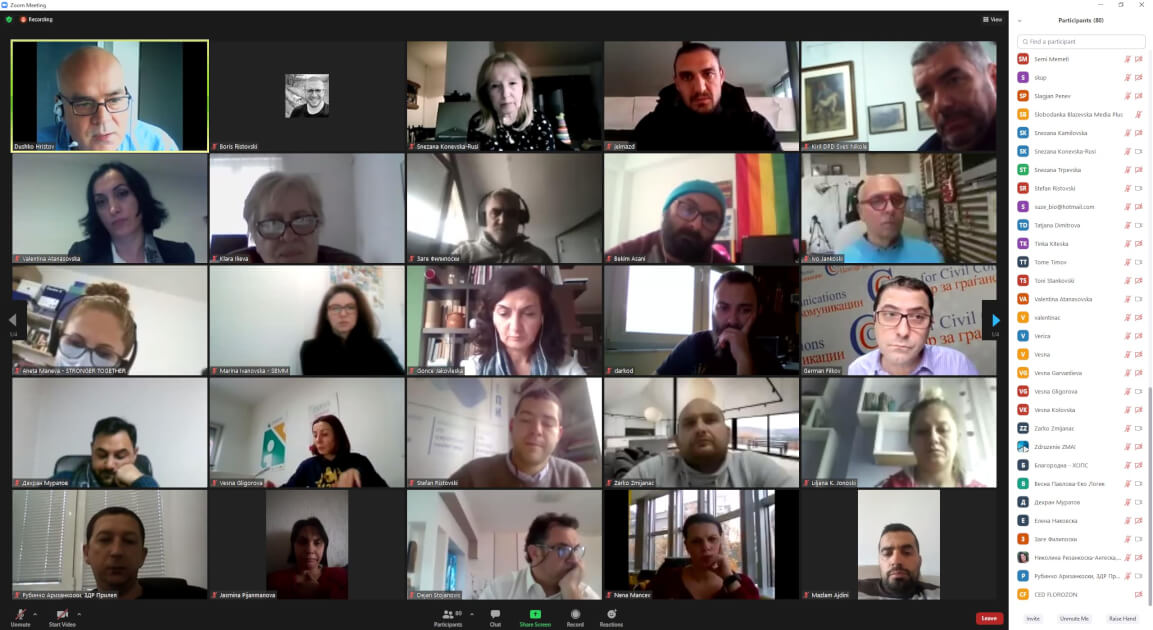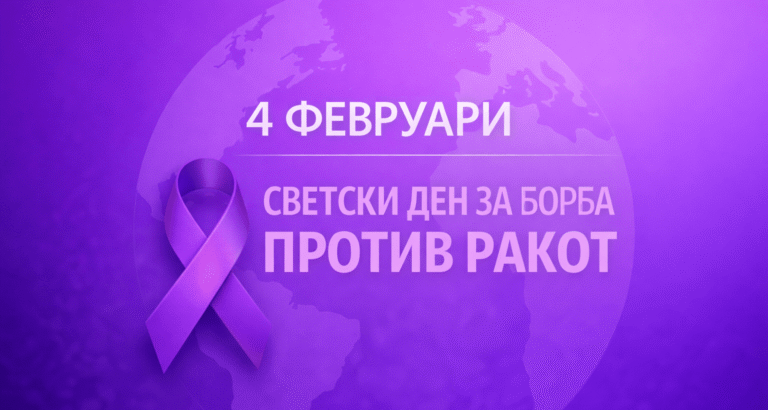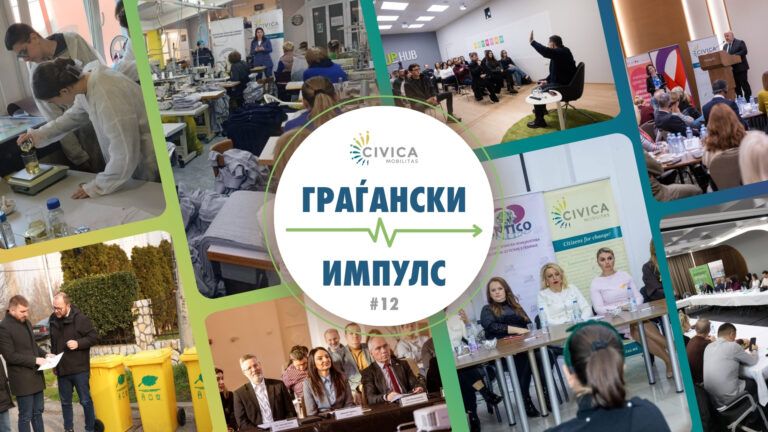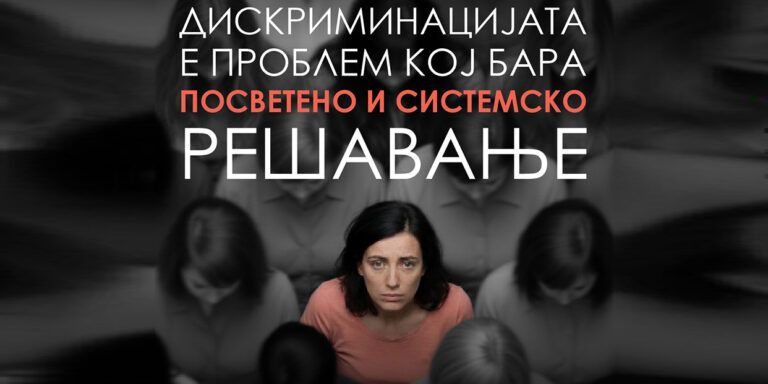Overcoming the Crisis Situation Will Be Easier If We Are Together
CSOs are prepared to help the institutions in their fight against the pandemics. This help, they think, should be systematics, adjusted to the needs of the citizens and channelled via the Centre for Crisis Management to the appropriate institutions. This was the main conclusion reached by the seventy representatives of the same number of CSOs who discussed on jointly contributing to overcoming the crisis caused by Covid-19. The discussion was led during the Civica Mobilitas thematic forum that took place on 30 November via ZOOM platform.

Led by the experience built at their everyday work in the field, the activists spoke about what the needs of the citizens and the challenges that they had faced. “There is a general belief that the people are well informed, but in the field the things are not like that”, said Zage FIlipovski, who supported the municipal headquarters for protection and rescue of the municipality of Karposh with the organization Centre for Good Governance and Integrity – Hub. According to him, there is work to be done when it comes to the citizen awareness, but also the practices of the municipalities and institutions, which sometimes, led by the need to create a positive image, undertake activities which are not helpful in dealing with pandemics. Lack of information. Lack of information and presence of misinformation was also stressed by Kristina Naceva from Polio Plus, as a problem that especially concerns the people with disabilities. “It is difficult to work in the field”, stressed Lulzim Haziri from the Association for Democratic Initiative from Gostivar. He said that the people who had contracted Covid-19 were often stigmatized or ignored by the community. “We need to build awareness about living in this situation, awareness without prejudices”, added Haziri. Dushko Hristov from the Food Bank spoke about the basic needs of the citizens. “We supply food on daily basis to the vulnerable categories of citizens and there is more and more need of such help”, he said. Taking into consideration the risks when it comes to citizens who are positive for Covid-19, Hristov stressed that the organization had provided an equipped vehicle for such purpose which can be used by other institutions as well.
The participants in the discussion stressed a number of other needs of their target groups, such as the ones related with the educational process, especially with the children with disabilities and the children from rural areas, provision of medical therapies for chronically ill dealing with increased domestic violence, need for psychological support, etc. They concluded that the pandemics had made the problems more visible, while they had been present before as well.
The people present agreed that the activities should continue and be expanded, especially if one takes into consideration the increased needs in the field. Therefore, the question if it was time to ask the donors for new support of the activities related to Covid-19 was also unavoidable. This is especially important if one takes into consideration that since the beginning of the crisis in March this year, a number of CSOs, within their possibilities, had made adjustments in the activities to meet the needs of their constituencies. Now, a big part of the support that they had was completed or close to its completion.
With new support or without it, CSOs are here to offer their knowledge, experience, skills, good relations with the citizens and help the institutions deal with the pandemics, as partners, because it is to everybody’s benefit, most of all the citizens’.







![Sre]ni praznici(2)](https://civicamobilitas.mk/wp-content/uploads/2025/12/sreni-praznici2-768x432.jpg)
